Post-apocalyptic literature serves as a powerful lens through which authors explore the fragility of civilization and the resilience of the human spirit. This genre often delves into the consequences of societal breakdowns, whether caused by technological disasters, environmental cataclysms, pandemics, or warfare, and examines how individuals and communities adapt to a drastically altered world. Through these stories, readers confront profound existential questions, reflect on ethical progress, and contemplate the role of technology in shaping our future. The genre frequently warns of the repercussions of environmental neglect and urges sustainable living practices, emphasizing the need for humanity to consider its impact on Earth's fragile ecosystem. Post-apocalyptic narratives challenge audiences to ponder the delicate balance between technological advancement and moral integrity, ultimately asking what it means to endure and thrive in the wake of global upheaval. Keywords: apocalypse, society, human resilience, ethical progress, technology, environmental cataclysm, survival, sustainable living.
Embark on an exploration of human resilience and the myriad ways our world can unravel in “Best Post-Apocalyptic Books,” a comprehensive guide to literature’s most harrowing yet enlightening realms. This article navigates through the genre’s rich tapestry, from its unsettling visions and deep dives into human survival to its profound societal commentaries. It dissects the spectrum of survival narratives, ranging from zombies to alien invasions, and examines how technology, environmental cataclysm, and psychological coping mechanisms shape these post-apocalyptic worlds. Readers will delve into the craft of storytelling that defines the genre’s masters, uncover the global perspectives reflected in these tales, and discover a recommended reading list for every fan of apocalypse fiction. This article not only celebrates the genre’s evolution from classic to contemporary works but also explores lesser-known themes, the intersection of science and speculation, and even post-apocalyptic romance set amidst ruins. Join us as we traverse the aftermath of catastrophe and uncover how these narratives predict societal changes, serve as a mirror to contemporary issues, and offer hope for resilience and rebirth in the face of chaos.
- Unsettling Visions: The Top Post-Apocalyptic Novels to Explore
- Human Survivors and Heroic Endeavors: A Deep Dive into Post-Apocalypse Literature
- The Spectrum of Survival: From Zombies to Aliens – Post-Apocalyptic Genre Breakdown
- Societal Collapse, Personal Triumphs: Post-Apocalyptic Novels That Challenge Readers
- Dystopian Dreamscapes: Imagining the Future Through Post-Apocalyptic Fiction
- The Role of Technology in Post-Apocalyptic Worlds – A Thematic Exploration
- Environmental Cataclysm in Literature: Post-Apocalyptic Tales of Earth's Fury
Unsettling Visions: The Top Post-Apocalyptic Novels to Explore
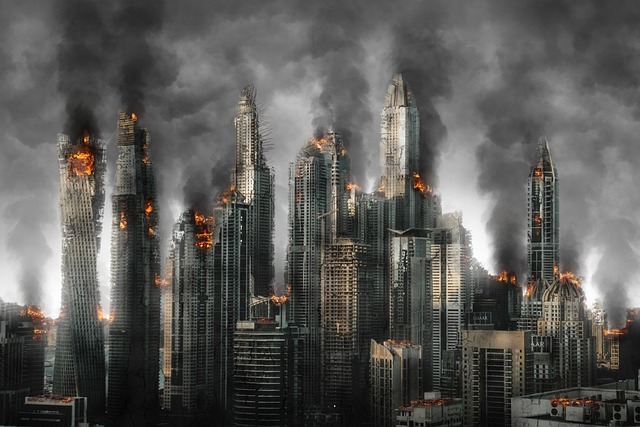
In the realm of post-apocalyptic literature, a selection of novels offers unsettling visions that explore the aftermath of global cataclysms. These works delve into the human condition when faced with the end of civilization as we know it, providing readers with profound insights and harrowing scenarios. “The Road” by Cormac McCarthy presents a father and son’s journey through a charred America, where the remnants of humanity struggle to survive amidst the ruins. The starkness of the setting and the primal narrative make it a poignant addition to any post-apocalyptic bookshelf. Similarly, “Oryx and Crake” by Margaret Atwood paints a picture of a dystopian future born from biotechnological advancements gone awry, where the few remaining survivors navigate a world populated by genetically modified creatures. Both novels highlight the apocalyptic genre’s ability to challenge readers’ perceptions of morality, survival, and the fragility of our society. These stories are not just entertaining but also serve as a mirror to our own world, reflecting the potential consequences of our actions and the resilience required to endure in the face of total collapse. For those intrigued by apocalyptic scenarios and the human spirit’s enduring strength, these novels are essential reads that offer unsettling yet thought-provoking narratives.
Human Survivors and Heroic Endeavors: A Deep Dive into Post-Apocalypse Literature
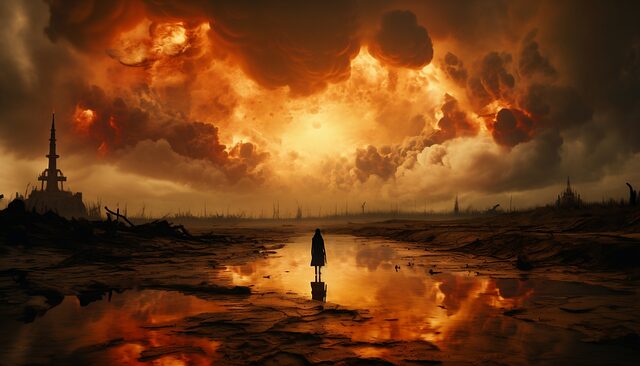
In the realm of post-apocalyptic literature, human survivors and their heroic endeavors emerge as central themes that captivate readers. These narratives often delve into the depths of human resilience and adaptation in a world reshaped by cataclysmic events. The genre offers a canvas for authors to explore the psychological, social, and ethical challenges faced by characters who must navigate a stark, post-apocalyptic landscape. Books like “The Road” by Cormac McCarthy portray the most primal of human experiences—survival, love, and hope against a backdrop of desolation. Similarly, “Station Eleven” by Emily St. John Mandel intertwines stories of survival with reflections on the nature of art and humanity’s need for connection. These works invite readers to ponder the indomitable human spirit as it confronts the aftermath of an apocalypse, highlighting the transformative power of courage and ingenuity in the face of overwhelming adversity. Through vividly drawn characters and intricate plotlines, post-apocalyptic literature serves as a poignant commentary on human nature and our capacity to endure and overcome even the most dire circumstances. The genre’s popularity underscores a collective fascination with the apocalypse, not merely as an end but as a catalyst for profound transformation and heroic action.
The Spectrum of Survival: From Zombies to Aliens – Post-Apocalyptic Genre Breakdown
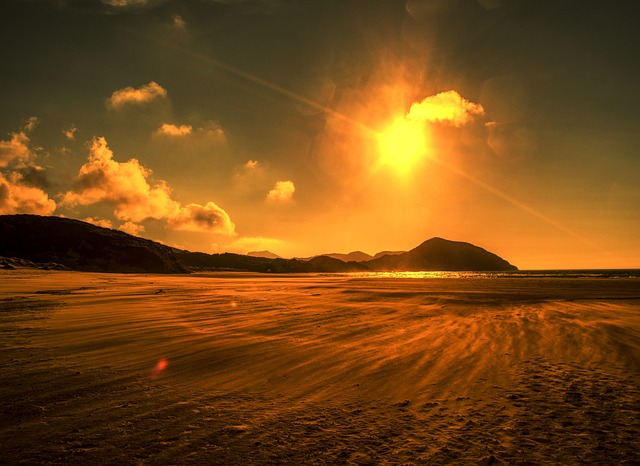
In the vast post-apocalyptic genre, the spectrum of survival scenarios spans a wide array of threats, from zombies to extraterrestrial forces. At one end, the undead have become a staple in apocalyptic narratives, as seen in seminal works like Max Brooks’ “World War Z.” These stories often explore human resilience and societal breakdown in the face of a global catastrophe, emphasizing survival instincts and the horrors of an unrecognizable world. As readers navigate through these tales, they are frequently confronted with themes of isolation, the value of community, and the lengths one would go to for the sake of continued existence.
On the other side of the spectrum lies the subgenre that pits humanity against cosmic threats or alien invasions. Titles like Andy Weir’s “The Martian” or HG Wells’ classic “War of the Worlds” illustrate the stark contrast between human ingenuity and overwhelmingly powerful extraterrestrial entities. These narratives frequently delve into existential questions about our place in the universe and explore the psychological impact of facing extinction not just from within our planet but from beyond it. The best post-apocalyptic books in this vein often highlight the interplay between human vulnerability and resilience, showcasing characters who must harness their intellect, resourcefulness, and sometimes even alliances with alien beings to survive in a drastically altered universe.
Societal Collapse, Personal Triumphs: Post-Apocalyptic Novels That Challenge Readers
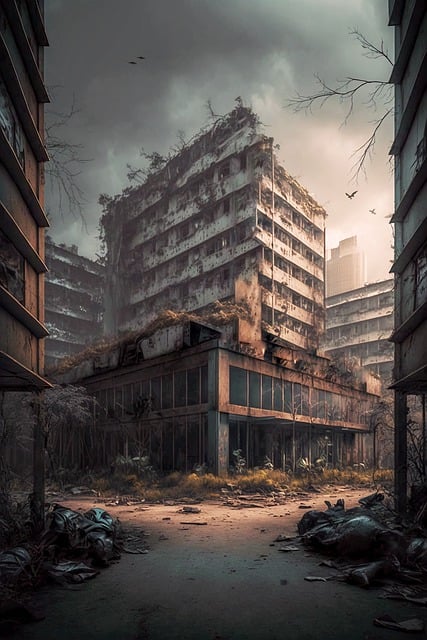
In the aftermath of societal collapse, post-apocalyptic novels serve as a mirror to human nature and resilience. These narratives often explore the stark realities of a world stripped of its familiar structures and comforts. They challenge readers to confront the fragility of civilization and the tenacity required to survive in such an unforgiving environment. Titans of the genre like “The Road” by Cormac McCarthy and “Station Eleven” by Emily St. John Mandel delve into the harrowing journeys of characters who must navigate a landscape transformed by cataclysmic events. These stories not only depict the end of the world as we know it but also illuminate the personal triumphs that emerge from the ashes of the old world, highlighting themes of hope, survival, and transformation.
The best post-apocalyptic novels go beyond mere escapism; they serve as a lens through which readers can examine their own values, morality, and the ties that bind humanity together. In works such as “Oryx and Crake” by Margaret Atwood and “The Last Policeman” series by Ben H. Winters, characters are tested against the backdrop of societal breakdowns, forcing them to make difficult choices and revealing their innermost strengths. These narratives challenge readers to ponder their own responses to such scenarios, questioning what it truly means to persevere in a world that has been reshaped by apocalyptic events. Through vividly crafted worlds and compelling characters, these novels offer profound insights into the human spirit’s potential for endurance and innovation amidst chaos.
Dystopian Dreamscapes: Imagining the Future Through Post-Apocalyptic Fiction
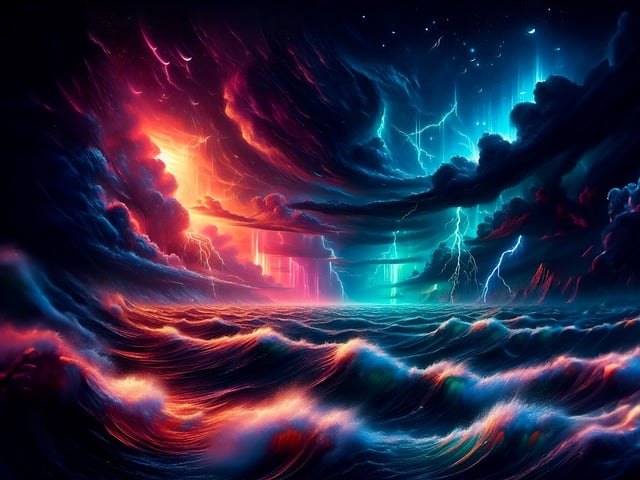
In the realm of post-apocalyptic fiction, authors craft intricate narratives that explore the myriad ways civilizations could unravel and what remnants of humanity might endure in the aftermath. These dystopian dreamscapes serve as a canvas for imagining the future, often reflecting contemporary concerns and projecting them onto a backdrop of desolation. The genre’s surge in popularity, with titles like “The Road” by Cormac McCarthy and “Station Eleven” by Emily St. John Mandel, indicates a fascination with the apocalypse as both a cautionary tale and a means to confront the fragility of society. These stories delve into the stark realities of survival, human resilience, and the enduring quest for meaning in a world that has been irrevocably altered. Through vividly described apocalyptic scenarios, readers are invited to ponder the consequences of our actions, the strength of the human spirit, and the enduring questions about what it means to be alive after all hope seems lost. The best post-apocalyptic books offer a mirror to our own world, challenging us to consider the unthinkable and, in doing so, often reveal more about ourselves and our society than any other genre can.
The Role of Technology in Post-Apocalyptic Worlds – A Thematic Exploration
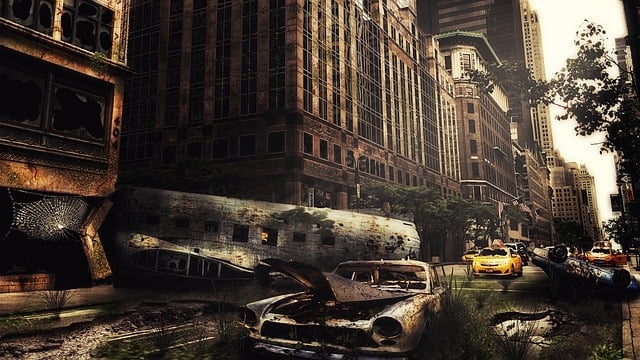
In post-apocalyptic literature, technology often serves as both a harbinger and a beacon of hope amidst chaos. The role of technology in these narratives is multifaceted, reflecting on humanity’s complex relationship with innovation. Pre-apocalypse technological advancements can be depicted as the very catalyst for catastrophe, yet post-apocalyptic settings also illustrate how remnants of such technology can provide survivors with tools to navigate, survive, and even thrive in a world that has been reshaped by disaster. Authors explore themes where technology is both a lifeline, offering solutions to immediate survival concerns, and an emblem of the civilization that was lost, prompting characters to confront the consequences of their predecessors’ technological prowess. In these stories, the interaction between humanity and technology in a post-apocalyptic world raises questions about sustainability, the ethics of progress, and the true essence of what it means to be human in the absence of familiar technological frameworks.
The thematic exploration of technology in post-apocalyptic literature often centers on the dichotomy between its destructive potential and its capacity for reconstruction. Survivors in these narratives must contend with the legacy of a world where technology was ubiquitous, which can lead to a reevaluation of its place in society. The stories frequently delve into how characters adapt to or resist the technologies that remain, highlighting the importance of resourcefulness and ingenuity in the face of adversity. This narrative thread not only examines the functional aspects of technology but also its social, ethical, and philosophical implications in a post-apocalyptic landscape, making it a critical component of the genre’s thematic depth. Through these narratives, readers are invited to ponder the delicate balance between technological advancement and the preservation of humanity’s moral compass in a world forever altered by apocalyptic events.
Environmental Cataclysm in Literature: Post-Apocalyptic Tales of Earth's Fury
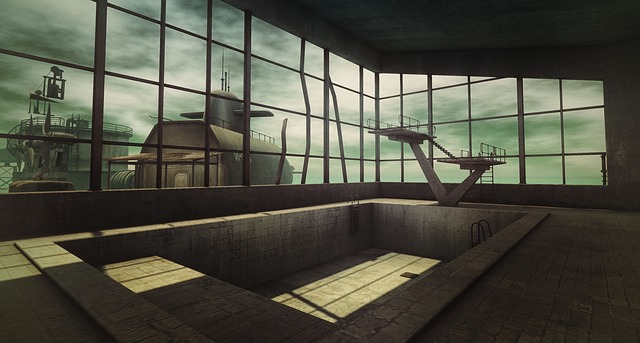
In the realm of post-apocalyptic literature, environmental cataclysm emerges as a recurring theme that underscores the fragility of Earth and humanity’s impact upon it. Authors delve into scenarios where natural disasters, often amplified by human negligence or hubris, have reshaped the world into a stark, unforgiving landscape. These tales serve as a mirror to our current environmental realities, highlighting the potential consequences of inaction and the fury of nature when pushed beyond its limits. Works such as “The Road” by Cormac McCarthy paint a harrowing picture of a world ravaged by an unnamed catastrophe, while “Oryx and Crake” by Margaret Atwood imagines a future where biological engineering has run amok, leading to the extinction of many species, including humans. These narratives are not mere flights of fancy but are cautionary stories that use the apocalypse as a lens to explore the depth of our relationship with the planet and the dire outcomes if we continue on our current trajectory.
The genre’s exploration of environmental cataclysm is not limited to dystopian futures; it also encompasses alternative histories and speculative evolutions of our present. In “The Water Knife” by Paolo Bacigalupi, the American Southwest has been transformed into a drought-stricken wasteland, with water as the most precious resource. Similarly, Jeff VanderMeer’s “Annihilation,” the first in the Southern Reach Trilogy, takes readers into an ecosystem altered by an enigmatic force known only as “Area X.” These stories often serve as a critique of consumerism, wastefulness, and environmental exploitation, emphasizing the need for sustainable living practices. Through these narratives, authors invite readers to confront the consequences of ecological neglect and to contemplate the role each individual plays in the ongoing saga of Earth’s fury.
In traversing the bleak yet compelling landscapes of ‘The Top Post-Apocalyptic Novels to Explore,’ we’ve uncovered a multitude of narratives that not only entertain but also provoke deep reflection on humanity’s resilience and the myriad ways our world could unravel. From the gut-wrenching realities of societal collapse to the soaring spirits of survivors who defy despair, these stories span the full spectrum of human experience in a post-apocalyptic setting. They challenge readers to confront the potential dangers awaiting us, while also contemplating the role of technology and the wrath of nature’s own apocalypse. As we close this exploration, it’s clear that these novels serve as vital touchstones for understanding our own world’s fragility and the enduring human spirit. Whether faced with alien invasions, zombie hordes, or environmental disasters, the post-apocalyptic genre remains a rich tapestry of cautionary tales and survival sagas that continue to resonate with audiences far and wide.
